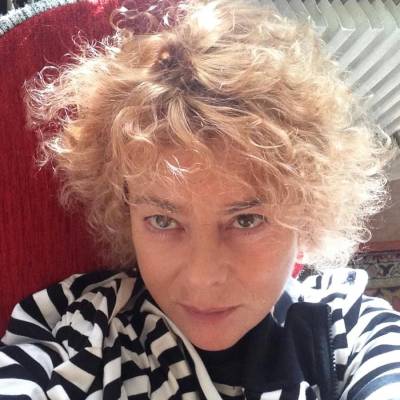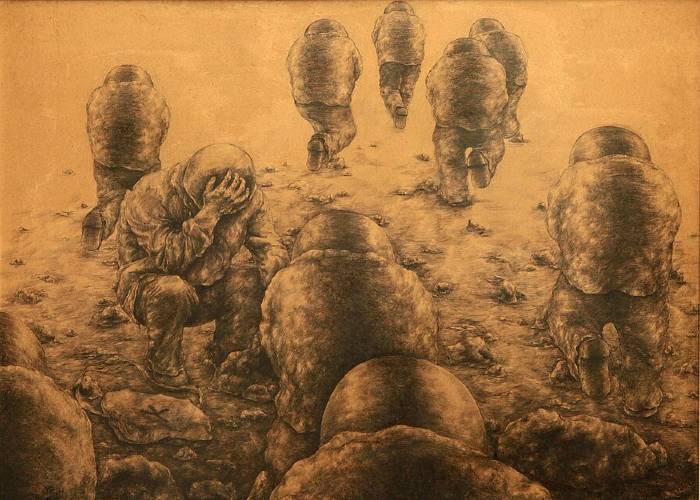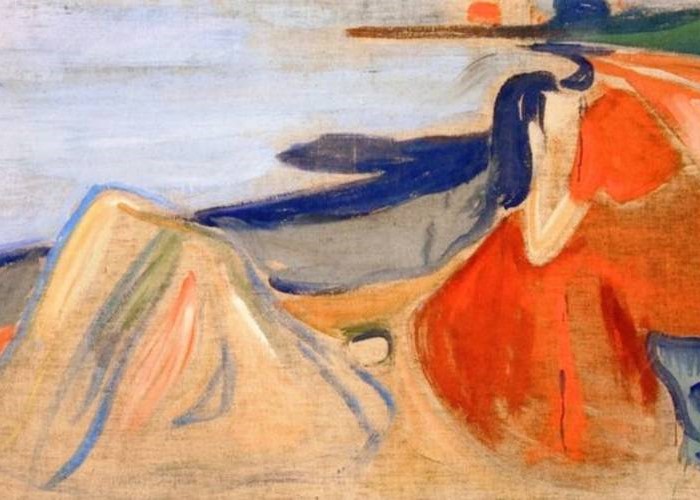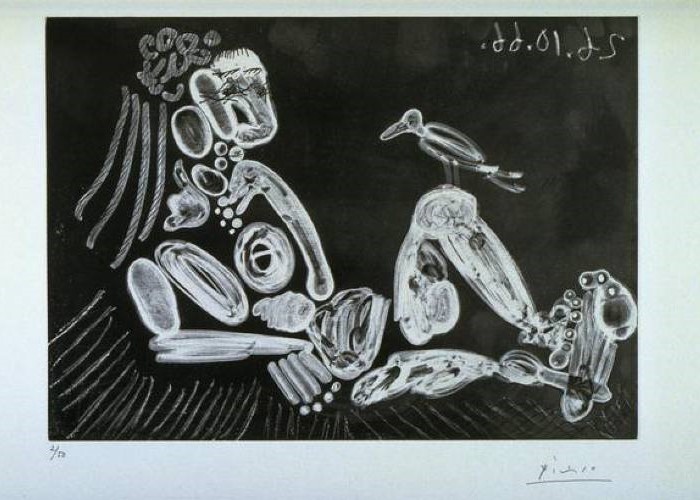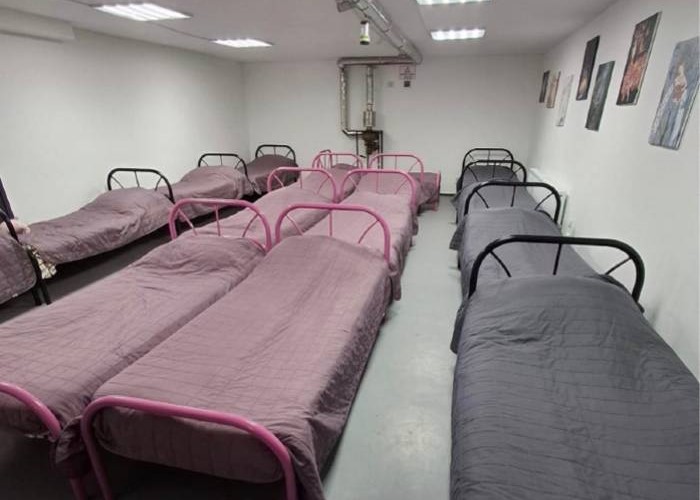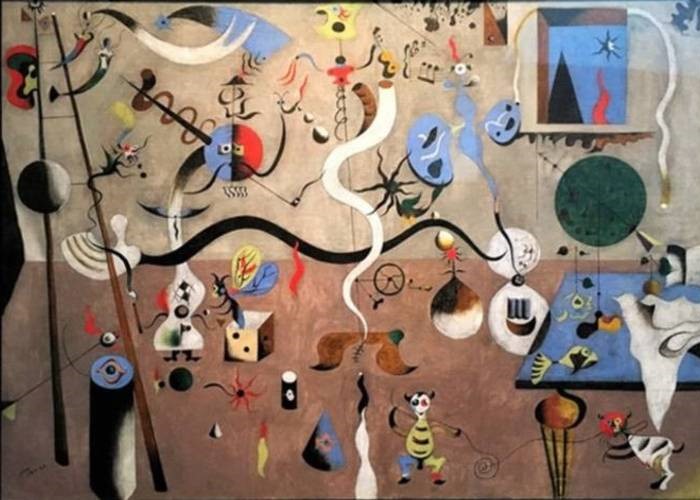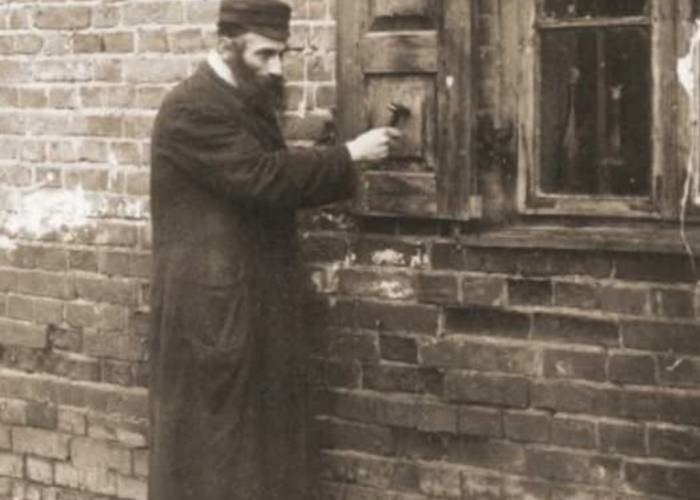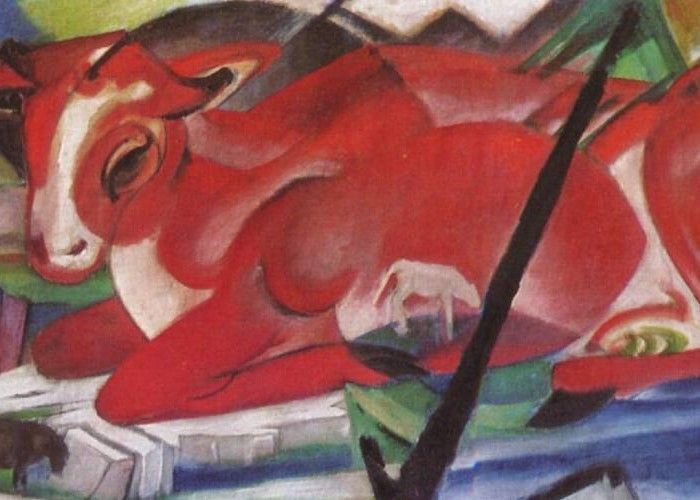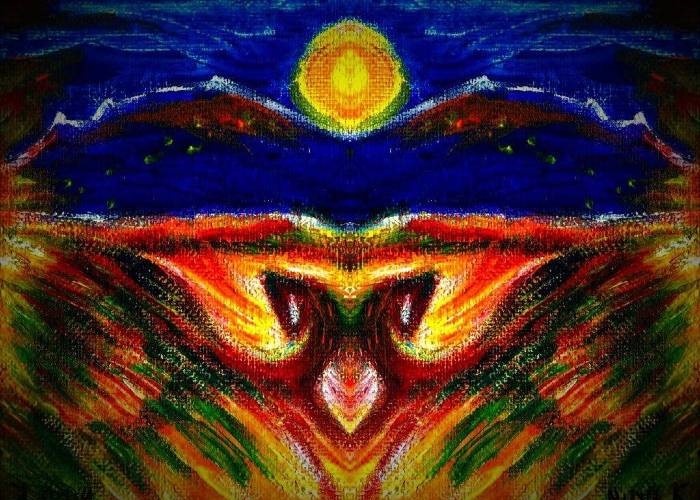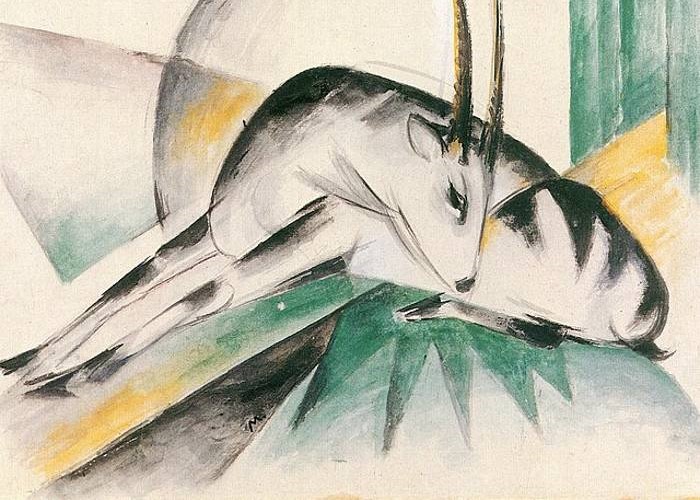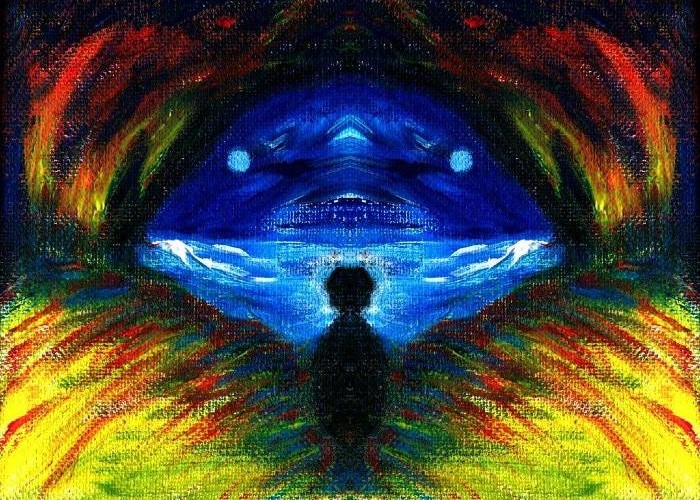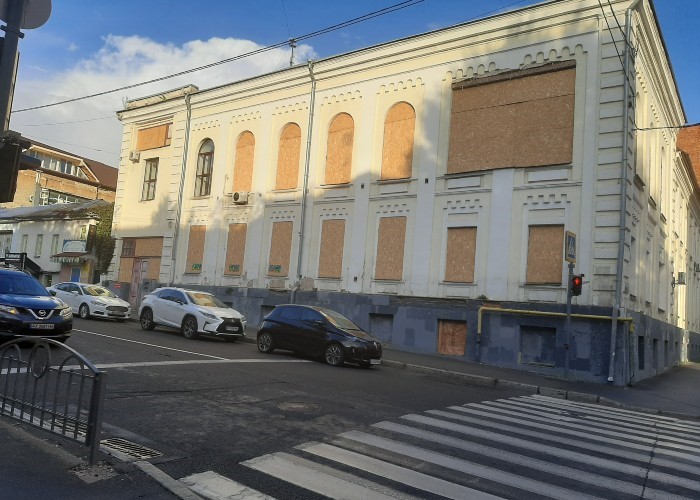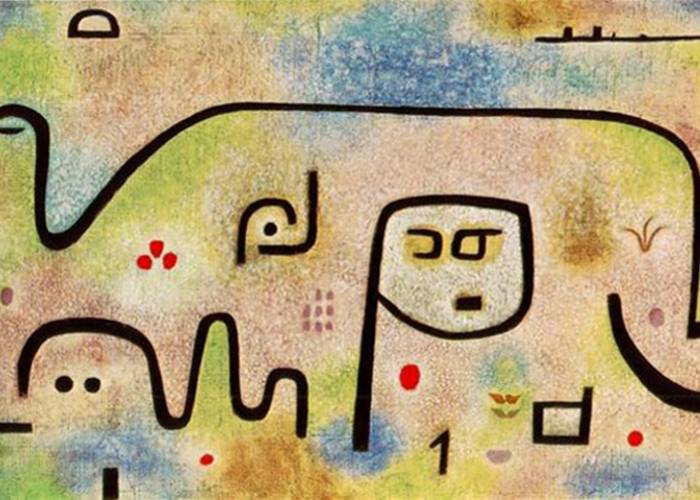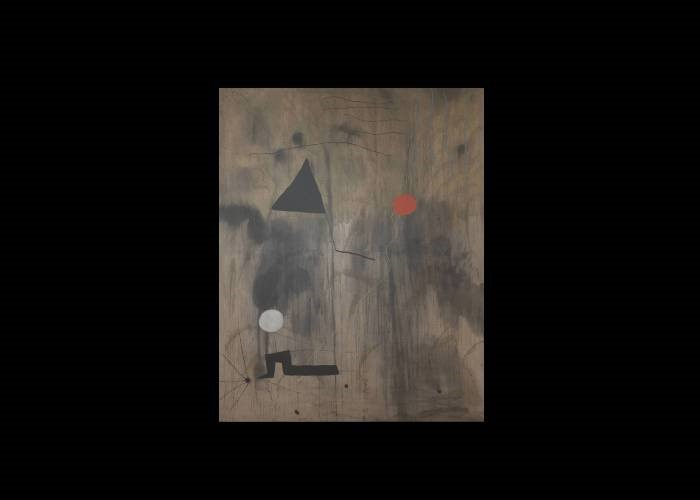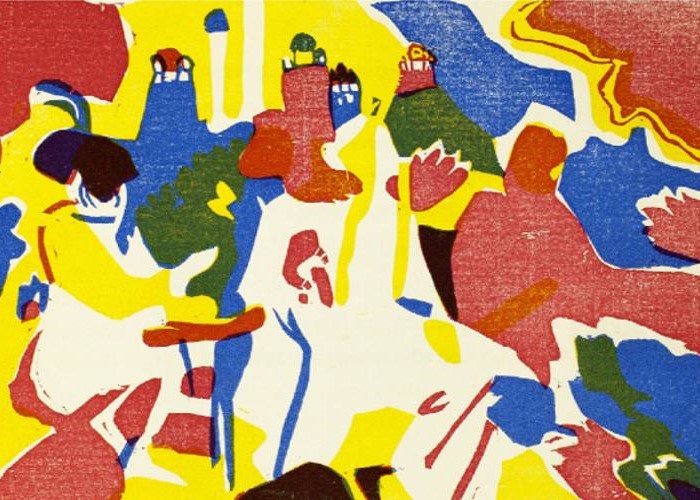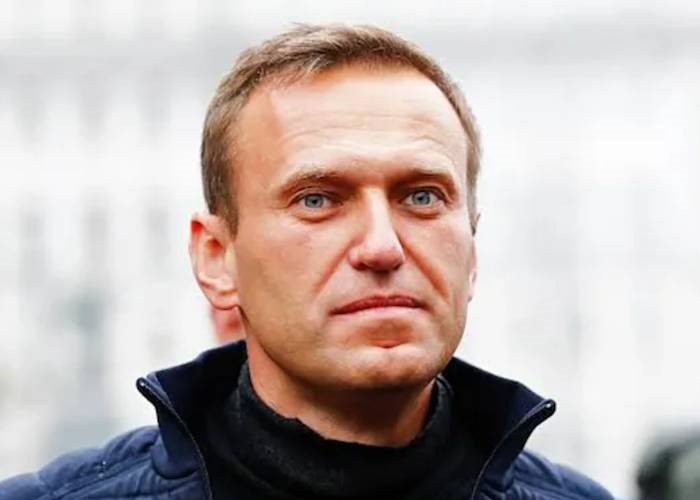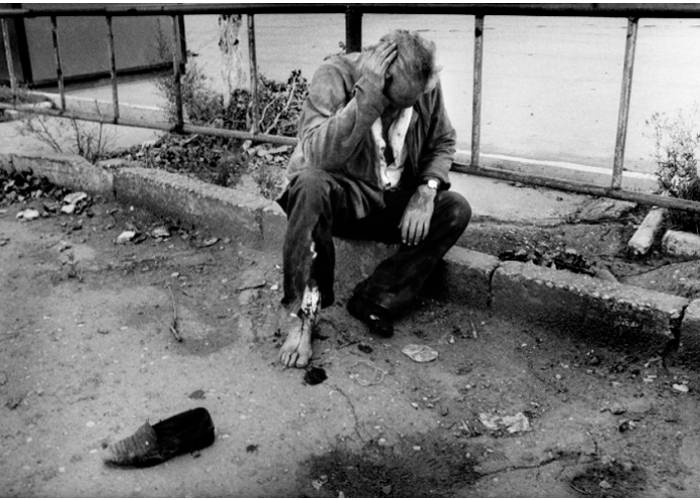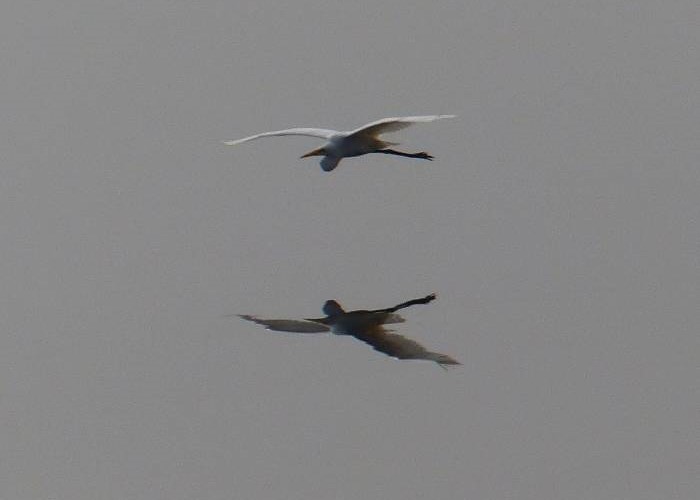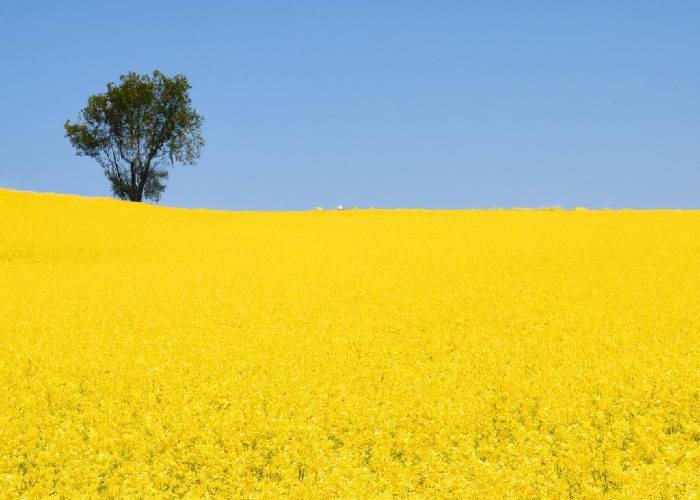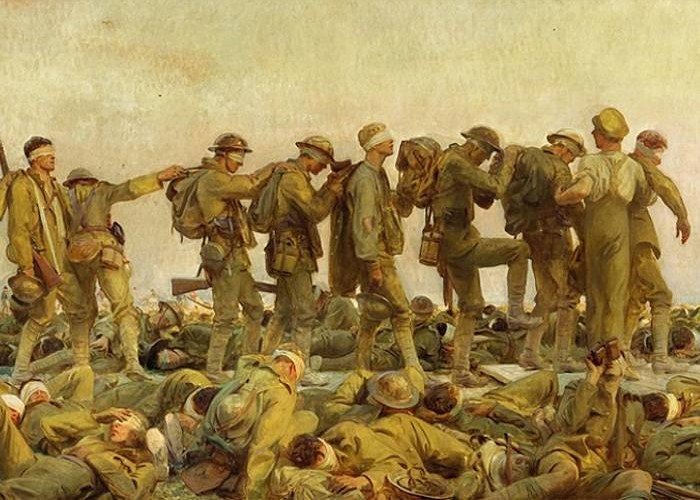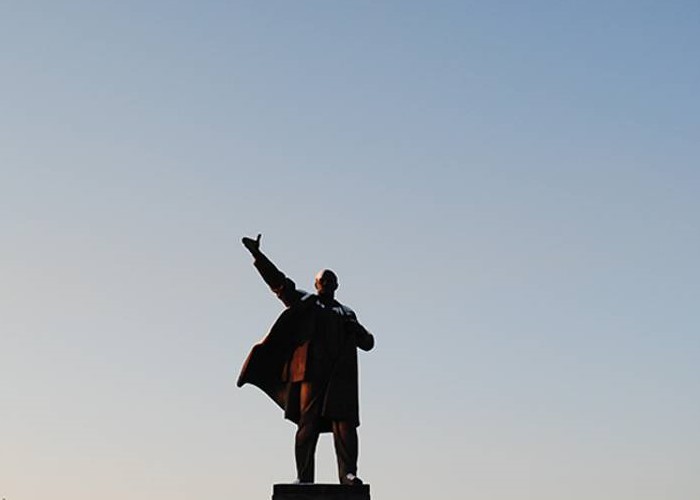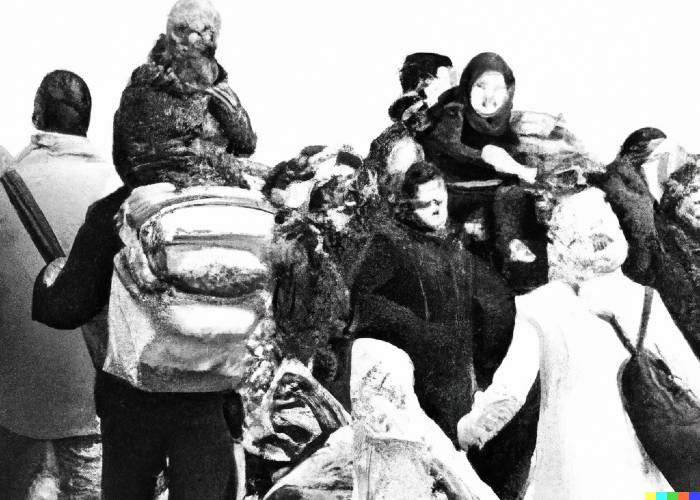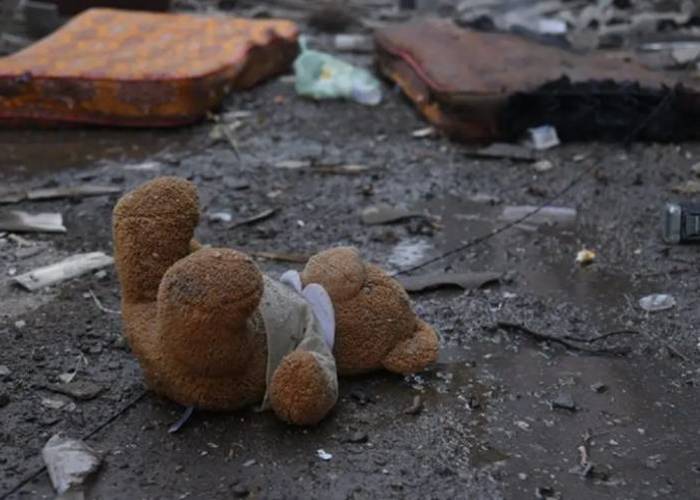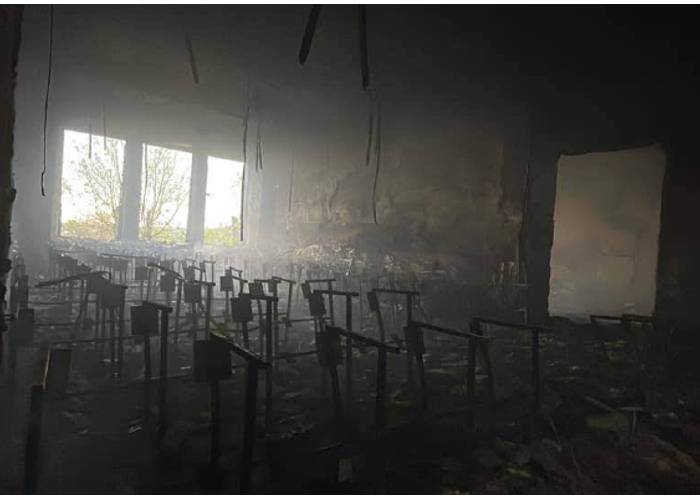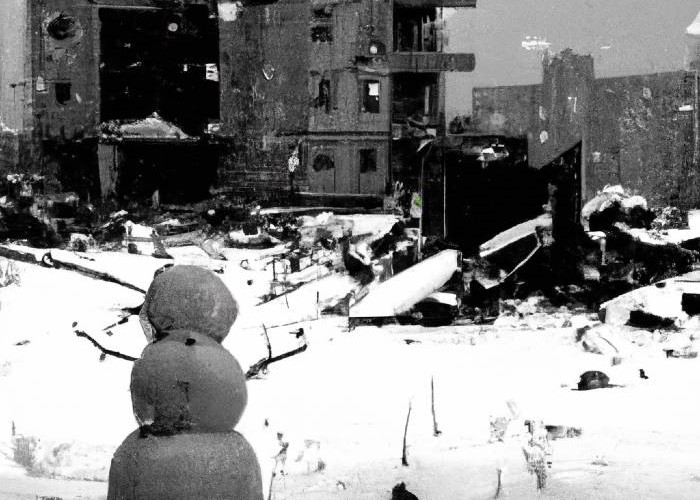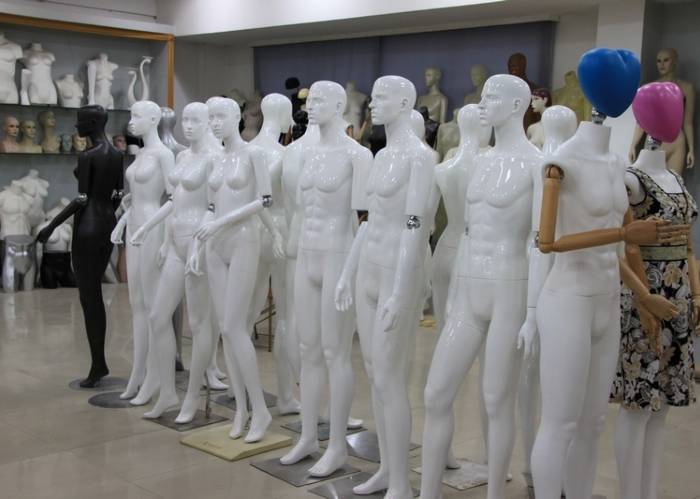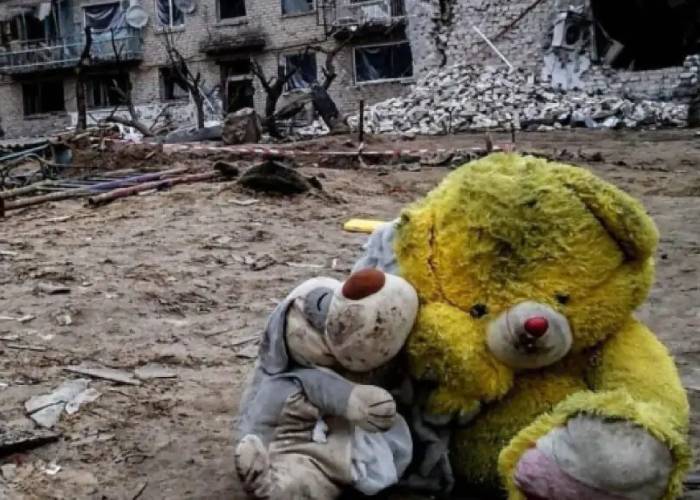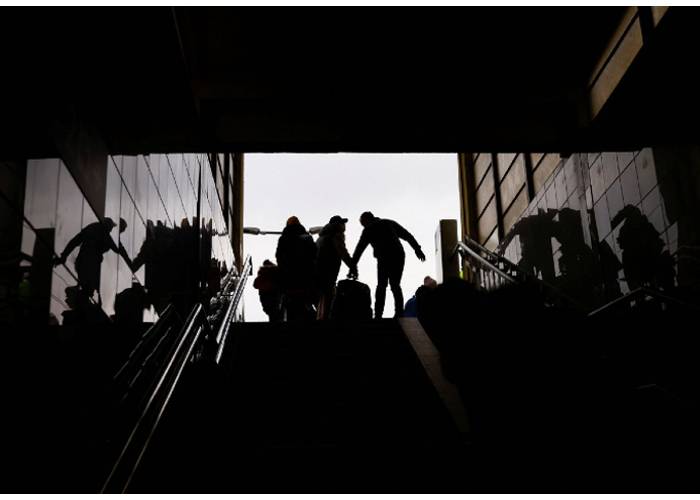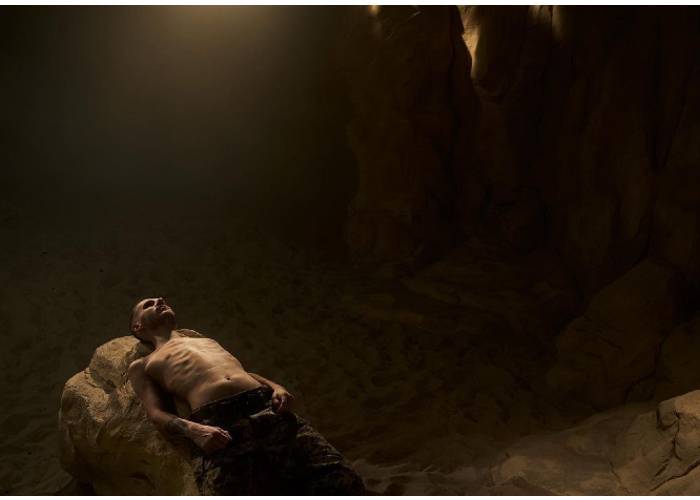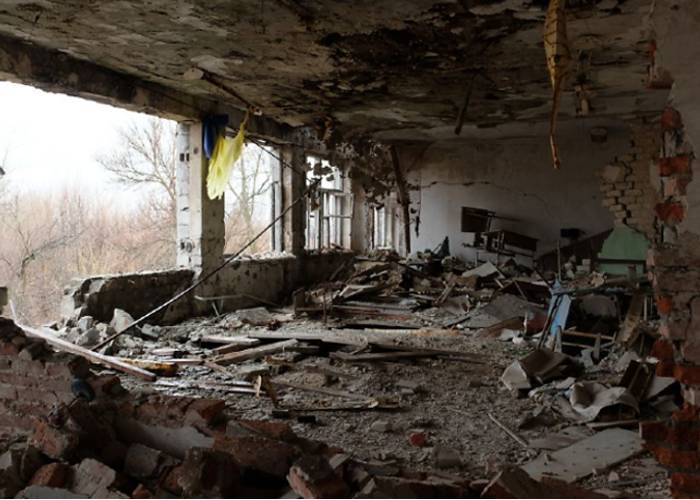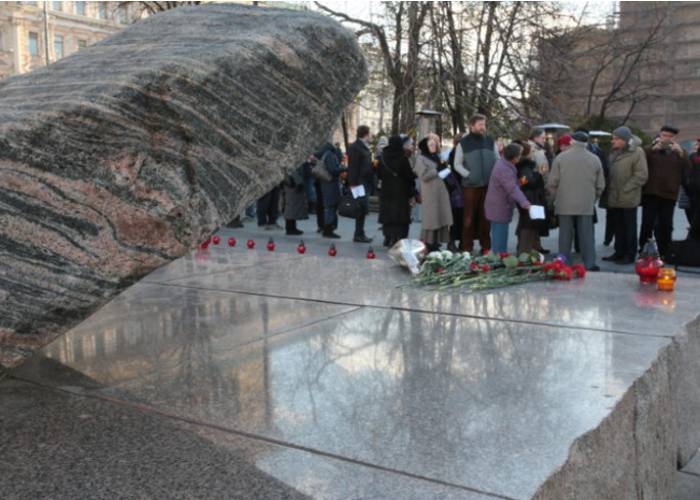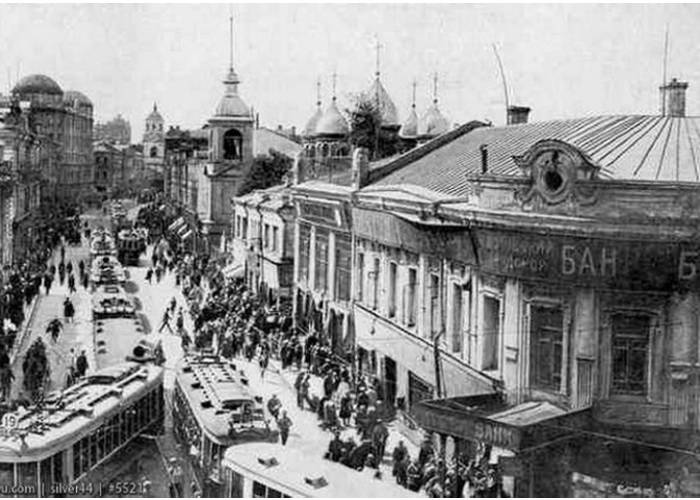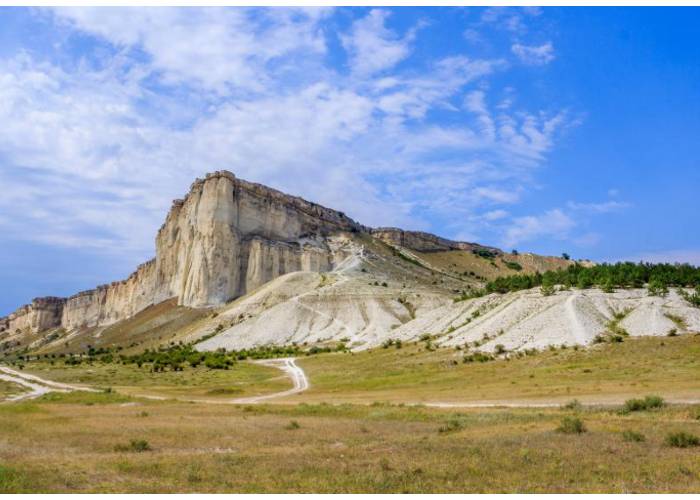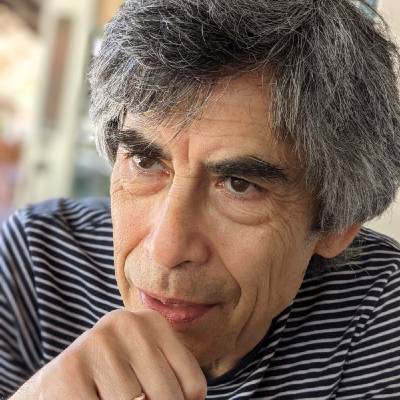We unlocked the house, the wing. Into the earthen jug
stuffed the rustle of reeds. Hastily ground some coffee.
We gave the animals names: Three Fat Men was the slug,
The spider was Samson, and the spotted frog, Sophie.
We went to the beach. We surveyed the market, where
we recognized the diluted alcohol as Tartar chacha,
an earthworm in a puddle as a twig of pear,
and the сhurchkhela seller as chief of the Apaches.
Complementing their meanings, but preserving their rights,
we gave each creature a twin, incarnate in a word
of the newcomers’ newspeak that turns everything into lies.
And we plunged into sleep. How we slept, Good Lord!
Our dreams smelled of sheepskin and wool and milk,
glowed chicory blue on the outline of the hill.
We lay face up, then face down, deaf under the spell.
The levant blew. Crabs foraged on the sea floor.
We slept through mutiny, famine, infamy, war,
flooding in Yalta and drought in Koktebel,
and over the valley where the orphaned village wound,
a triumph of time and reallotment of space.
And we woke up where there was nothing around,
with that nothing’s name irrevocably erased.
* * *
Памяти полуострова
Дом открыли, флигель. Шорохи тростника
запихнули в глечик. Кофе, спеша, смололи.
Даровали слизню имя — Три Толстяка,
пауку — Самсон, пятнистой лягушке — Молли.
Навестили пляж. Базар обозрели, где
разведённый спирт назвали татарской чачей,
черенком листа — червя в дождевой воде,
продавца чурчхелы — дерзким вождём апачей.
Дополняя смыслом, но не лишая прав,
всяку тварь живую мы воплотили в паре
с новоязом пришлых, сущее переврав.
И уснули, рухнув. Господи, как мы спали!
Ничего не слыша. Навзничь, потом ничком.
Сны овечьей шкурой пахли и молоком,
по краям холмов цикорием голубели.
Дул левант. Клешнями крабы скребли по дну.
Мы проспали голод, смуту, позор, войну,
наводненье в Ялте, засуху в Коктебеле,
передел пространства, времени торжество
над селом сиротским, что по ущелью вьется.
И проснулись там, где не было ничего.
И забыли напрочь, как «ничего» зовётся.
